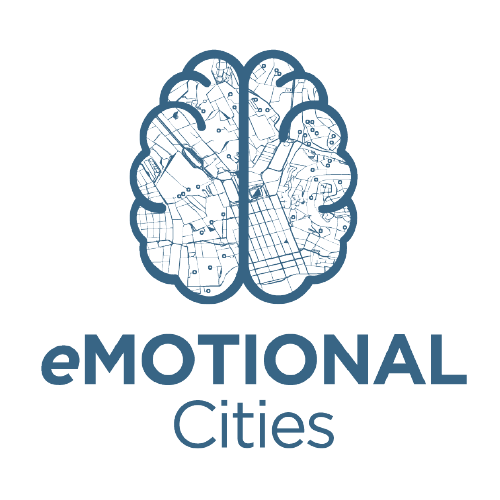Concept
Cities are dynamic spaces where dreams and ambitions can flourish, but they can also be places of loneliness, stress, and disconnection. Urbanization, a defining challenge of our times, goes beyond the remodeling of landscapes – it has a profound impact on human health, especially mental well-being. In response to these complexities, there is an urgent need for innovative urban planning, design, and architecture that prioritize public spaces and buildings as places of inclusion, health, and sustainability. Such spaces should not only serve functional purposes but also resonate with human emotions, fostering a sense of belonging and enhancing mood.
The design of our cities – whether through the calming presence of a serene square or the overwhelming scale of a monumental structure – shapes our behaviors, emotions, and well-being.
The fields of Neurourbanism and Neuroarchitecture have emerged as new approaches, exploring how the built environment influences our bodies, as well as our cognitive and emotional brain states.
In this context, the upcoming meeting will serve as a catalyst for action, bringing together diverse disciplines (architecture and urban design, data science and technology, neuroscience, and healthcare professionals) to question and celebrate how we imagine, inhabit, and create our world.
Through articulating debate, sharing perspectives, and formulating evidence-based knowledge, participants will collectively redefine our commitment to designing cities that nourish both people and the planet.
The program of the meeting will include:
- Presentation of the European eMOTIONAL Cities project
- Round tables discussing neuroscience and the future of architectural design
- Demonstrations of advanced technology
- Workshops

